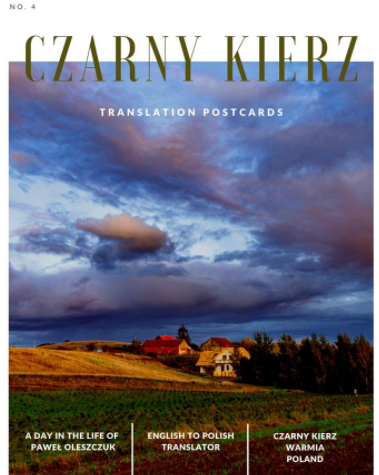
Old houses and barns with red tiles set in a patchwork of green meadows and fields. Farms and ranches scattered among hills and rivers. The echoing cry of long-necked cranes, fading into crepuscular silence. Buzzards circling high overhead. Air that smells different in every season, from springtime dew to summer fertiliser, the smoky tang of fireplaces and rotten leaves in the autumn, the brittle crunch of frost and snow in the frozen winter.
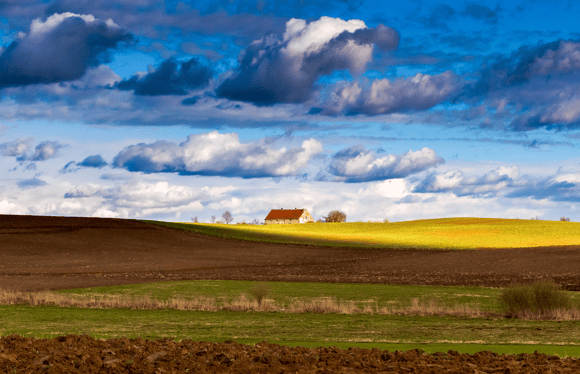
You’re going to need Google Maps AND a magnifying glass if you’re to have any hope of finding Czarny Kierz, deep in Poland’s north-eastern Warmia region – once home to proud Baltic tribes, Teutons, Germans and finally Poles with myriad dialects.
Welcome to the village that time forgot. 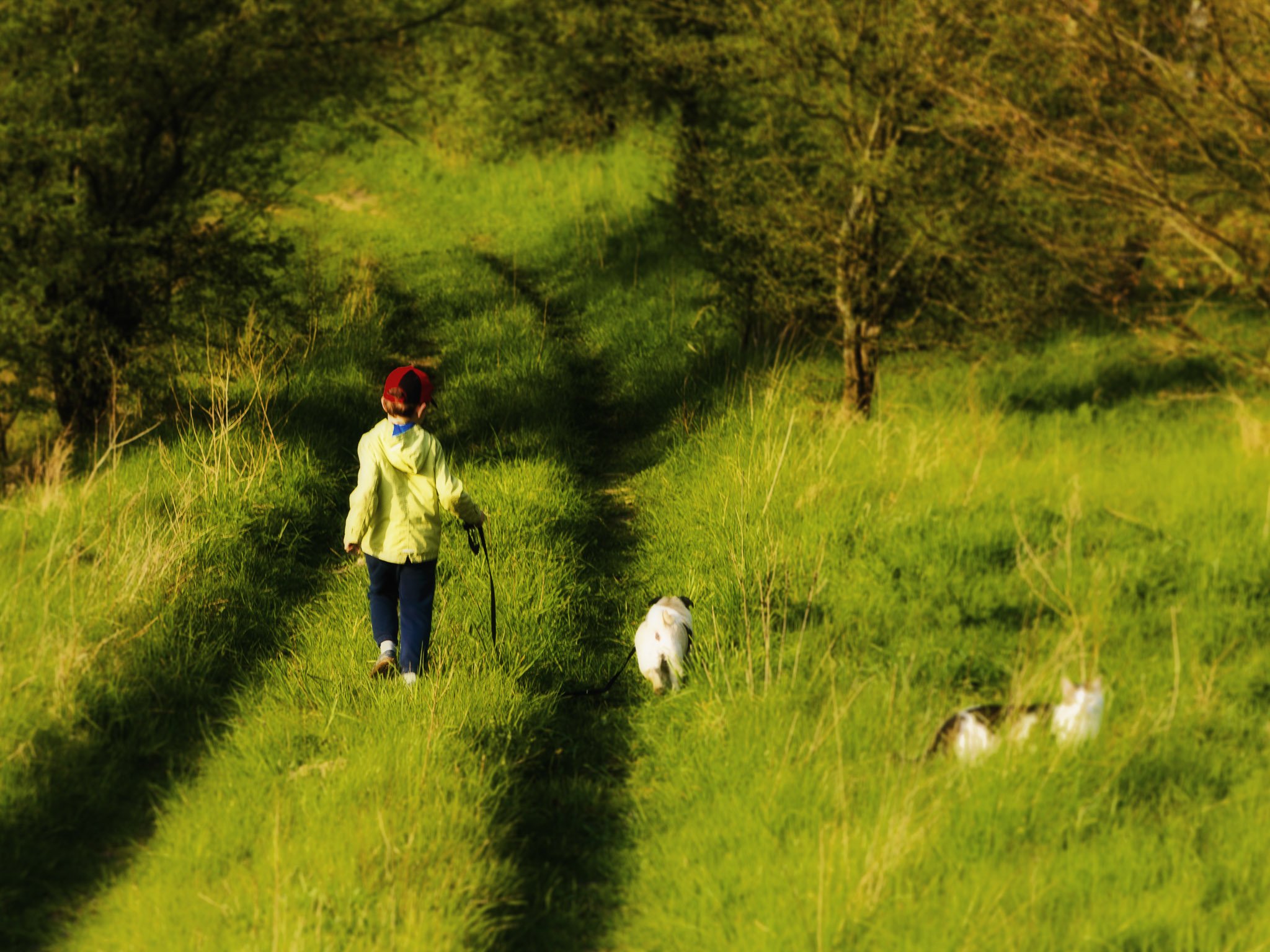
There’s a stillness here that belies a rich unexplored history. Abandoned buildings, ruined mansions, old, forgotten graveyards. In fact, before World War II, this was a thriving community, with a school, a railway station and a manor house with a real countess. She died recently, having spent her entire life in the village, outlasting the Germans, the Russians and the Polish Communists. Today there’s nothing left besides the houses and farms, some roadside shrines and a small old chapel. Even the railway tracks are gone…
After several years in various cities in Poland, Paweł Oleszczuk, and his wife Karolina (also a translator) dreamed of getting away from it all, deep in the country. Remote working as a video game writer didn’t get off to a great start – the teamwork element requires your presence in the city, whereas most freelance offers were for English writers. So Paweł faced a dilemma: to return to the urban maelstrom and work for a video developer or turn freelance. For the first few years, he took on proofreading jobs from a localisation studio, while playing gigs as a singer-songwriter. But there was an other option – he’d been translating song lyrics from English into Polish since he was 17, back in 1997 – and when a lucky break in early 2018 gave him a chance to translate a huge bunch of dialogues for one of his favourite games for QLOC, his old proofreading client, he seized it with both hands, and his translation career was born.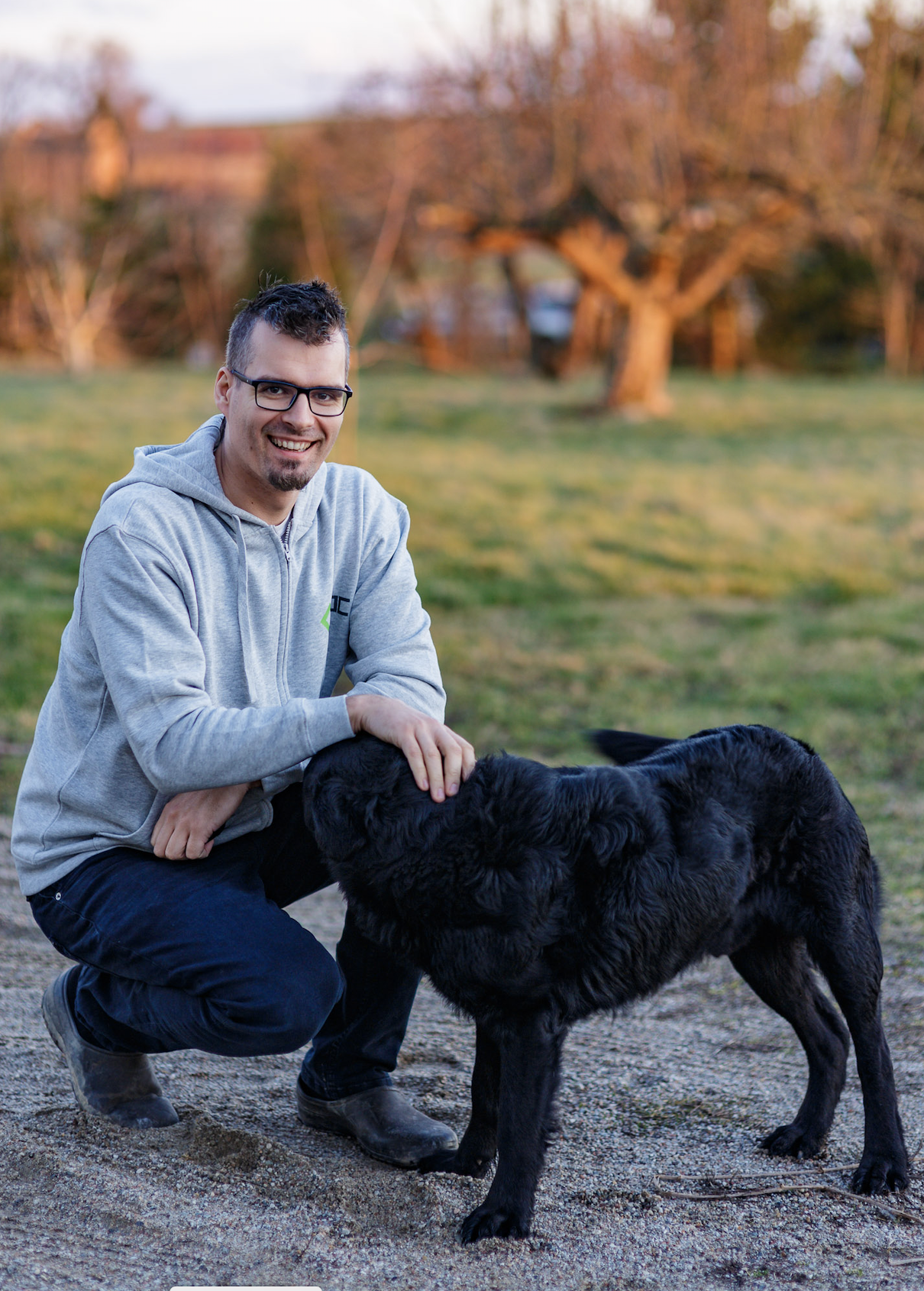
Buoyed up by the excellent feedback he received, Paweł decided to open up to a more international market. At the same time, ProZ.com offered him a commission-based membership, plus extensive support in building his profile. He thoroughly researched the site and learned a great deal about running a business, communicating with clients and translation itself. As his own interest lay in the entertainment industry, creative thinking and writing, he decided to specialise from an early stage, on “everything from pure art to pure entertainment”. Sticking to that narrow specialism led to a happy outcome: good rates and high job satisfaction. He’s currently working on two exciting big projects, with more in the pipeline. “Don’t blame the market for everything, “ says Paweł, “we are the market too!”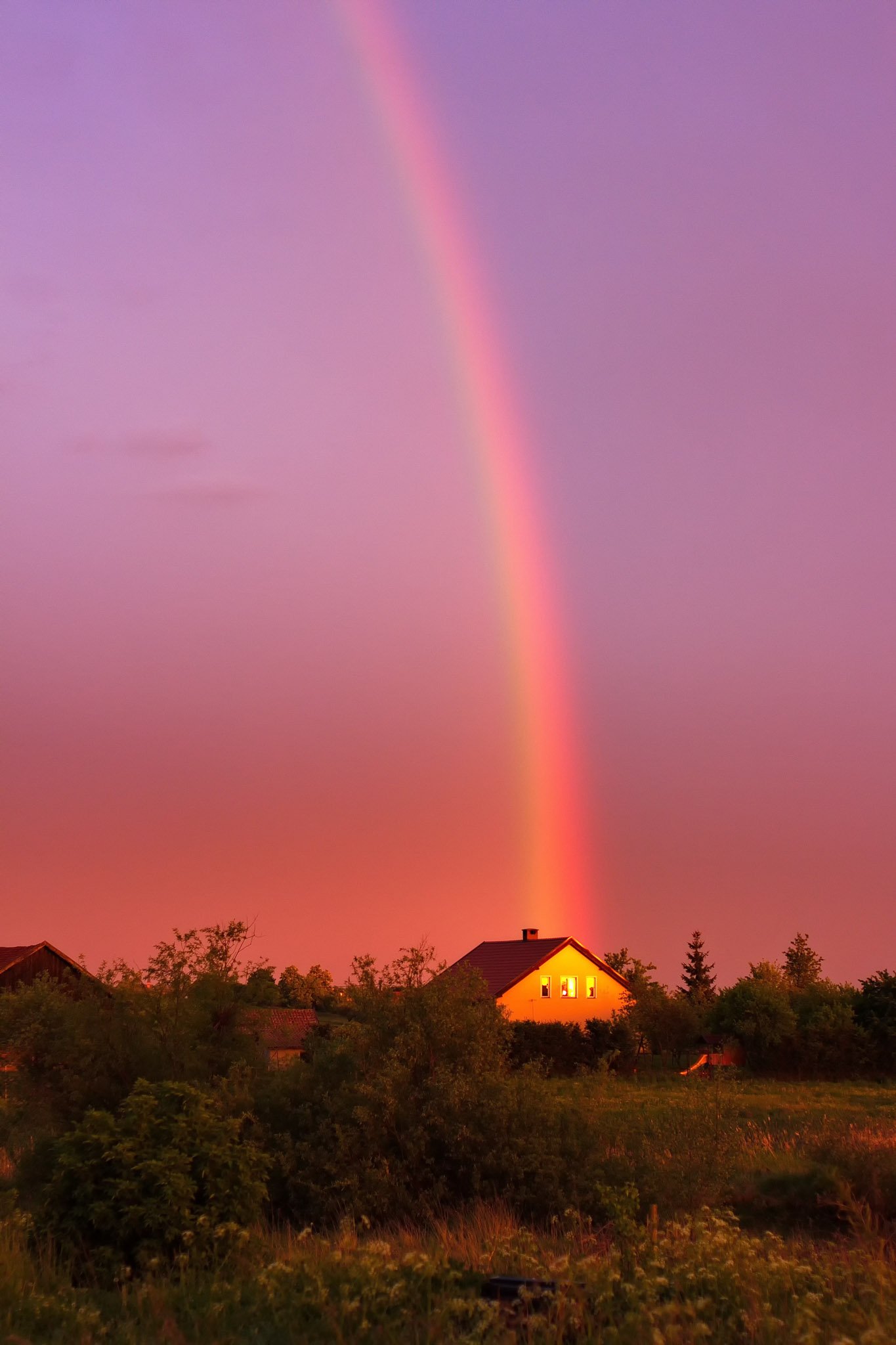
Low rates and tight deadlines are the scourge of the Polish translator, just like everywhere else. But Paweł made the early choice to offer good quality – shunning machine translation – and to work with more demanding clients. It was a good move: in fact, his portfolio of loyal customers now keep him so busy he hardly finds the time and energy for his other passions: songwriting and photography.
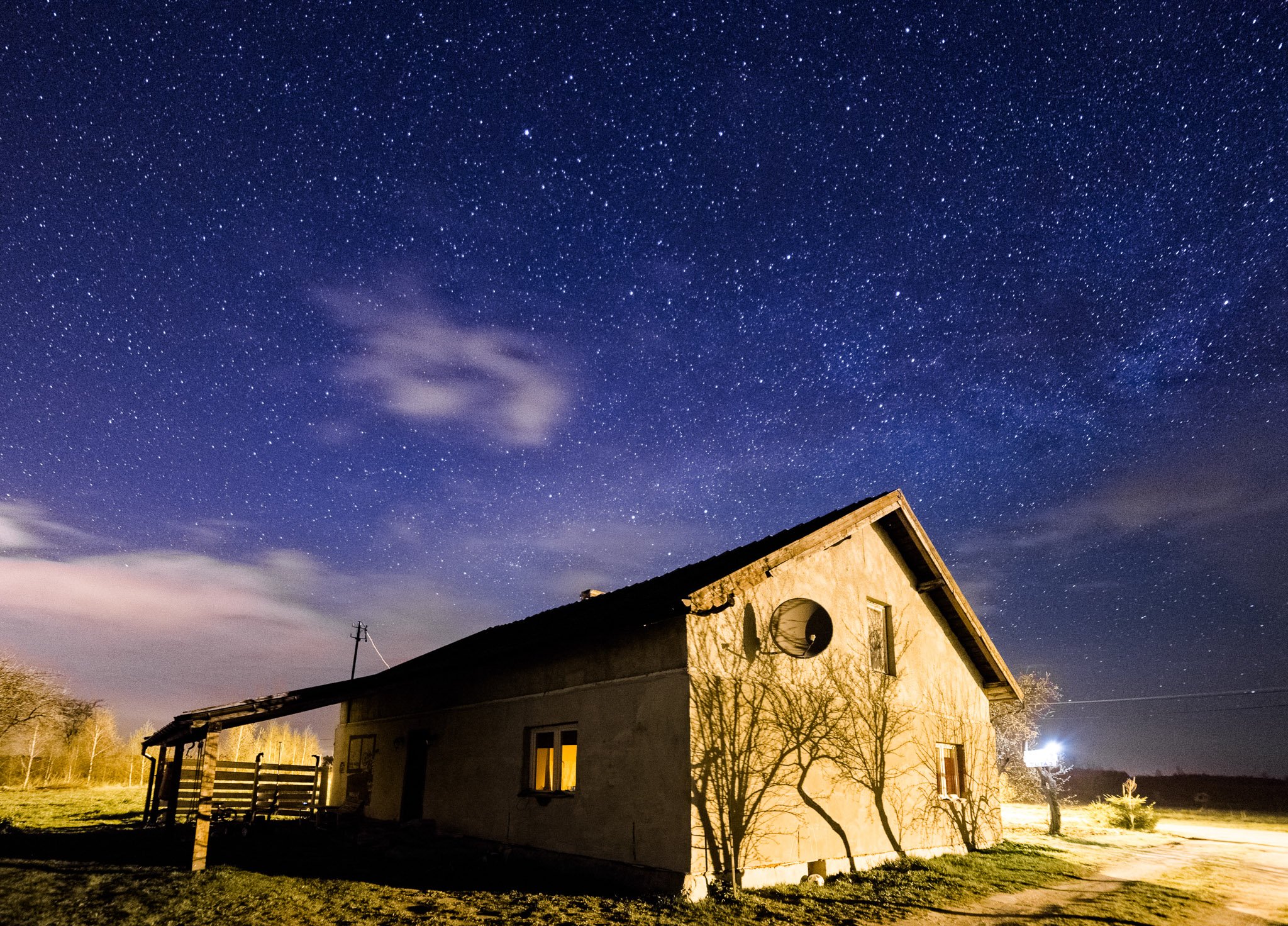
The first thing you see out of the window in the morning is the vast sky over distant hills and woods. Work begins at 9 or 10am. There are LTE modems on both sides of the house – a stable internet connection is essential. One is attached to an old satellite dish (he has no TV at home so it may as well be put to some use), while the other is affixed to a long spear shaft tied to a fence. Whatever – the main thing is that it works. There are occasional power cuts, and Paweł plans to buy a generator. But for now, when there’s a blackout, there’s always his favourite café in the nearby town. Or that time there was a huge regional blackout and the only place with power was his son’s kindergarten, leading to an afternoon spent proofreading, sitting on a tiny chair surrounded by 30 boisterous toddlers.
Other key equipment includes that northern staple – a sunlamp for when the autumn and winter close in, the sky turns leaden, the light in the house begins to dim, and “the winds hit heavy on the borderline”.
In summer on the other hand, working on the veranda is an option, as long as you’re not too distracted by the birds, the wind and the beauty of the surrounding landscape.
The idea is to wrap things up by 4pm, but in reality Paweł often continues until 5 or 6. There’s a dog to be walked and shopping to do, involving a two-hour round trip to the nearest town, 10km away. Luckily, there’s a school bus for their son.
Out in the country, there’s always something that needs fixing, but it’s still better than sitting in traffic jams. Far from the madding crowd, a more focused, minimalist lifestyle prevails. Even social media are off limits during work hours. Days go by when you see just a tiny handful of people, including your own family.
The neo-rustic lifestyle involves different food choices too: cottage cheese with sprouts, olives, tomatoes, yoghurt with fruits and granola, omelette with vegetables for breakfast, some Indian or Italian cuisine for dinner, salads, vegetables, and fruits. There’s plenty of choice in the supermarkets, but Paweł is the type of shopper who prefers organic and peers closely at the ingredients list. Alongside the healthy fare, a glass of Portuguese red wine or a good beer once or twice a week go down rather nicely.
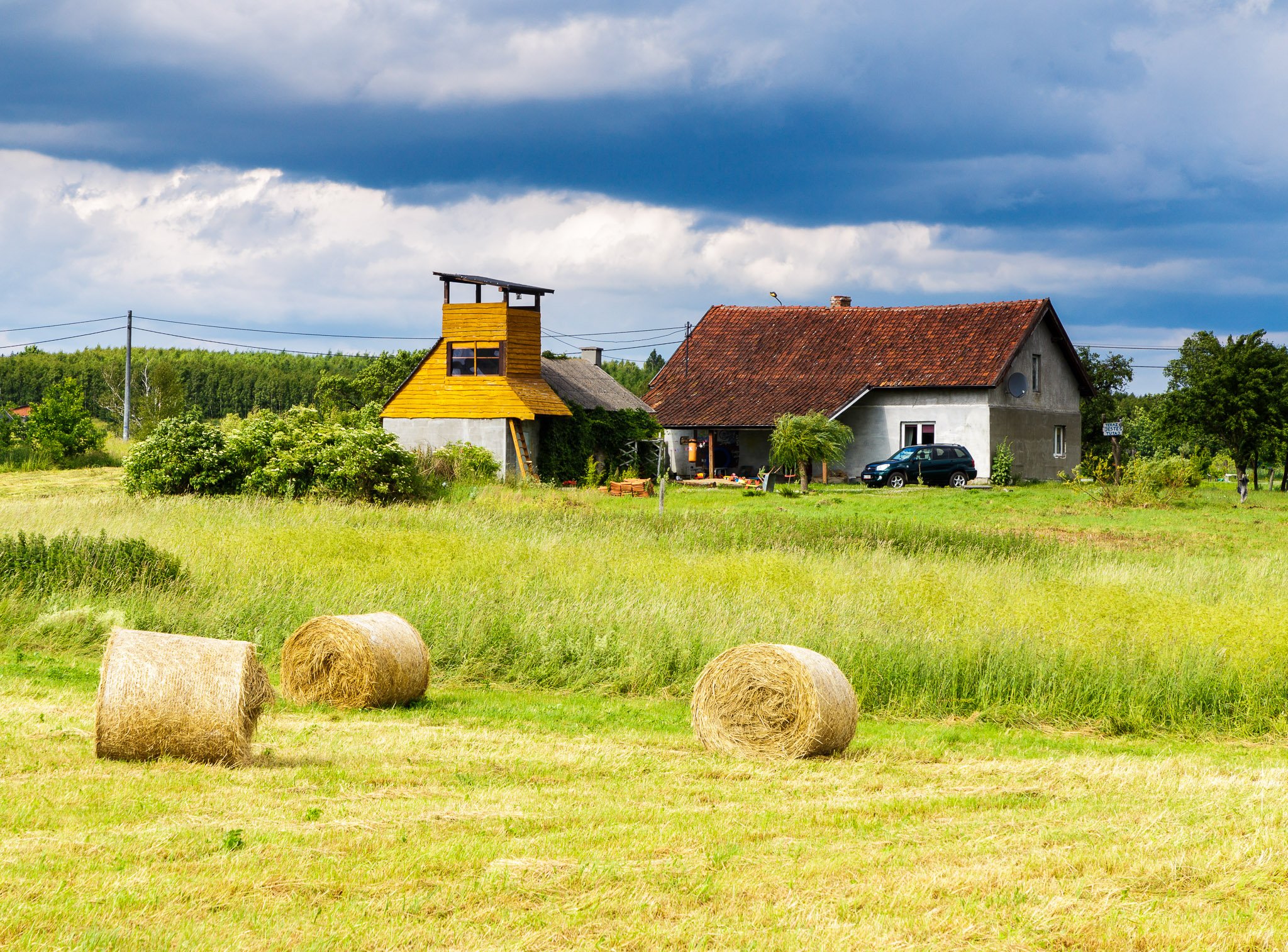
Contrary to expectation, these countryside evenings are not full of singing around campfires and huddled conversations with friends. Everyone out here works with people all day and retires into their shell when darkness falls. So the more frequent options involve playing board games with their son, Netflix, strumming the guitar or… video games.
You’d think Paweł would be tired of videogames after translating them all day. But you’d be wrong. The work fires him up and after translating, say, a racing game, he likes nothing more than to drive a couple of laps after work. It’s an occupational hazard – these things can be addictive!
But at times, the more natural option wins out – a walk under the stars, or a bike ride. Such is the lure of the landscape that a half-hour stroll can easily turn into three or four hours of wandering, while the weekends take you further afield to the local landscapes or lakes. 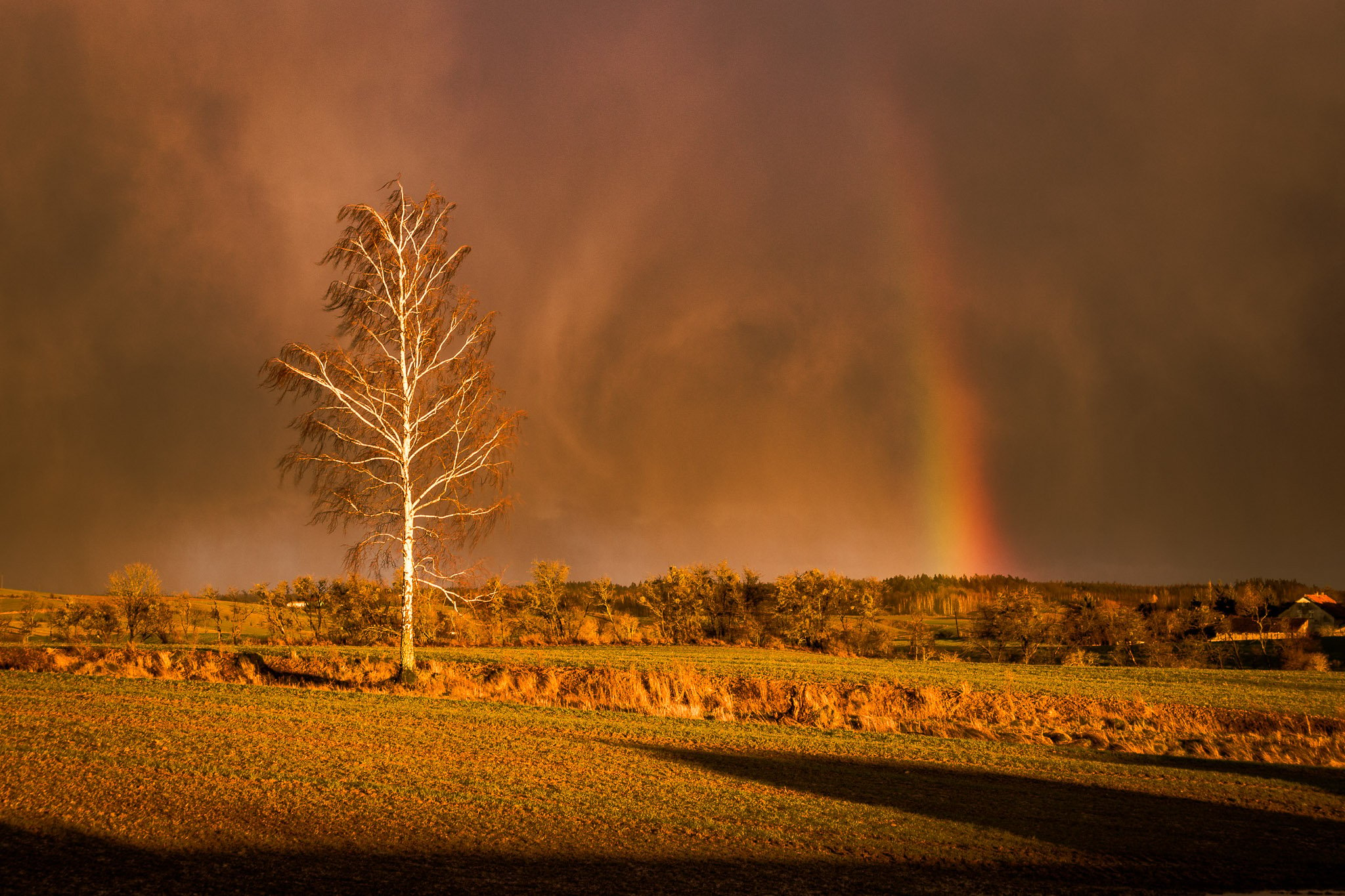
That perhaps explains some of the stunning photographs featured here. Paweł is more aware than most of how not only to appreciate but also capture the interplay of light, colour and form, turning for inspiration to a quote from the great Leonard Cohen, “There is a crack in everything, that’s how the light gets in.”
Pawel's profile at ProZ.com details more of his experience. His website includes many of these fantastic photos.
Translation Postcards are written for ProZ.com by Andrew Morris. To feature, drop him a line at andrewmorris@proz.com
This series captures the different geographical contexts in which translators live, and how a normal working day pans out in each place. The idea is to give an insight into translators and translation around the world.
Previous Translation Postcards:
1. Norhan Mahmoud in Cairo
2. Clare Clarke in Norway
3. Davíd Lavie: New York City (Brooklyn)


